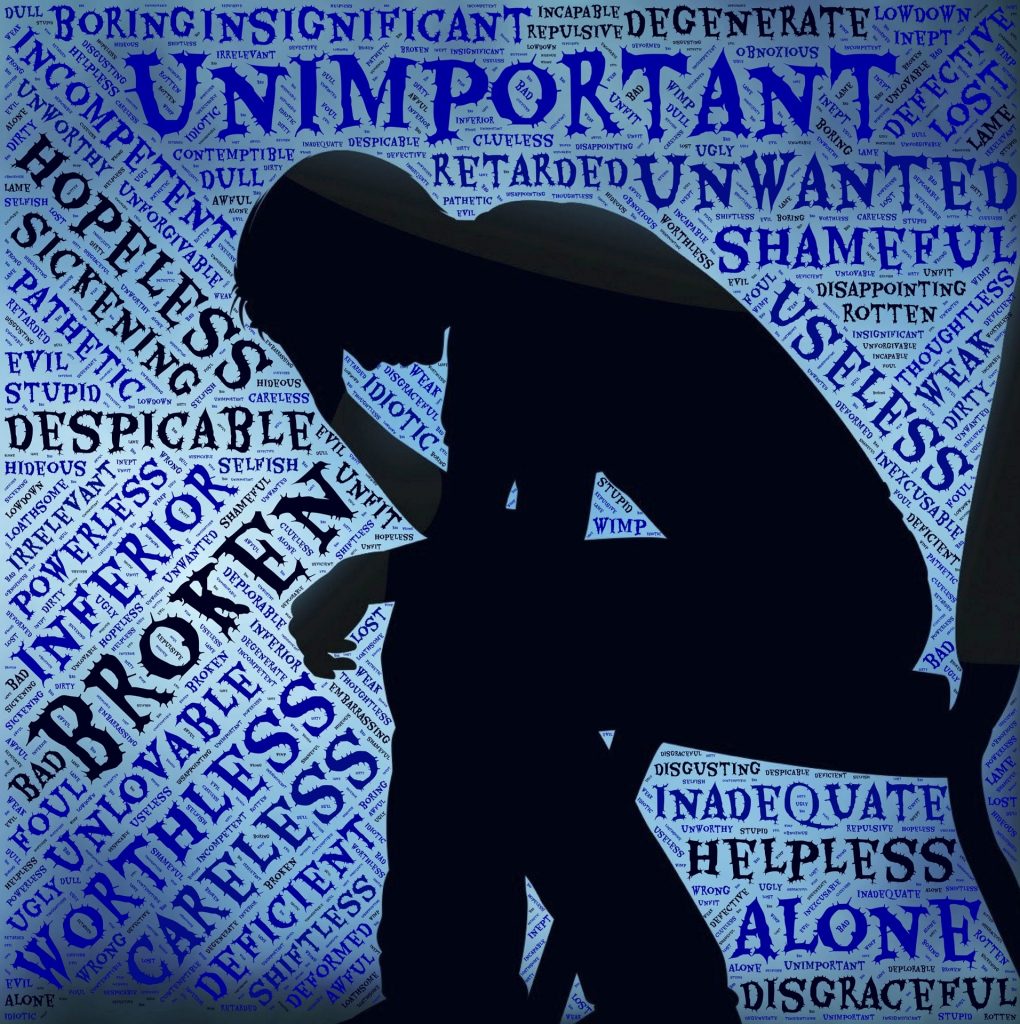Suicide is a permanent solution to a temporary problem.
Suicide rates have been steadily rising over the years. Face-to-face connection has become quite rare these days due to people believing they are really “connecting” through social media, but in reality, people are still alone. Life is getting more difficult, stressful and more expensive. Sadly, some people are completely overwhelmed and see no other way to handle life, other than to end it.
Learn the warning signs and what to do if you are concerned about someone you know, and think they might be contemplating suicide.
Factors that contribute to suicide:
Relationship problems
Financial issues
Loss of job
Drug abuse
Depression
Legal problems
Other mental illnesses
Terminal illness
Lack of mental health services
Signs to watch for:
Changes in mood; withdrawn, irritable, extremely sad
Losing interest in hobbies, work,school, activities
Withdraws from friends
Giving away possessions
Doesn’t care about appearance anymore
Making a will
Talking about committing suicide
Increased drug and/or alcohol use
Things To Say And Do To Help
DO:
- Listen!
- Acknowledge their pain.
- Take all of their thoughts and what they are expressing seriously.
- Let them know they are not alone.
- Ask questions in a calm, caring and supportive manner such as
How can I help? Are there any reasons you can think of to stay living? If they have any at all, help them focus on those. - Find out if they have a plan, time-frame and means of executing their plan to assess the urgency and type of help they need next.
Things NOT To Say Or Do
DON’T:
- Be judgmental
- Agree to keep their thoughts of suicide a secret
- Discount their feelings
- Minimize their pain
- Be selfish or push YOUR reasons YOU think they should live. It’s not about you.
Safety Plan
Help the person thinking about committing suicide make a plan to use each time they have thoughts about it.
Make a list of names and phone numbers of people they can contact.Put this list in their phone for them, as they may not always be at home when these thoughts occur to read a written list.
Include the suicide prevention hotline 800-273-8255. The hotline consists of trained professionals who are a great resource for someone who doesn’t want to speak with their family or friends about their problems. These counselors won’t judge or shame people for their thoughts and feelings like family members may do.
Stay Connected
Check on them to see how they’re doing. Ask if there are more things you may be able to do to help them that they may not have thought of before. Staying in contact and offering ongoing support can reduce their risk of contemplating suicide again.
Quick Facts:
77% of suicides are committed by males
84% of people who commit suicide are white
The most common method used to commit suicide is with a firearm.
States with the lowest percent of suicides have strict gun laws.
Veterans suicide rate is more than twice of non-veterans.
10 States with the highest and lowest suicide rates as of 2016
HIGHEST
1. Montana
2. Alaska
3. Wyoming
4. Utah
5. Idaho
LOWEST
1. New Jersey
2. New York
3. Massachusetts
4. Maryland
5. Connecticut
Suicide is becoming a much too popular option for people these days. Many people are too ashamed or depressed to reach out. Be aware of the people around you and their behavior. Stop being too busy to pay attention and start making it a priority to genuinely connect and care. It doesn’t cost you anything to be a kind and caring human being, and that alone could save a life! Please share this post to spread the word.


